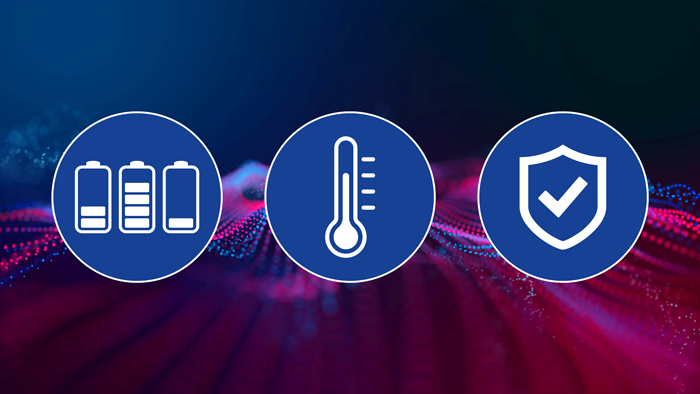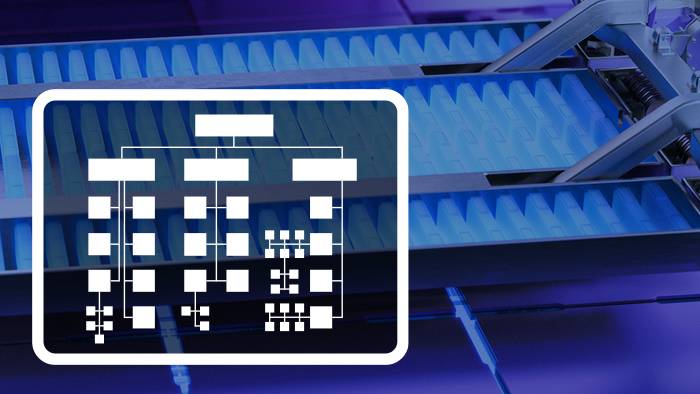Developing and testing battery management systems for electric vehicles
Powerful, innovative batteries which allow for long ranges and rapid charging while meeting the highest safety requirements are key for the final breakthrough of electric vehicles. This applies to electric cars as well as electric aircraft, trains, and off-highway vehicles.
To ensure safe and efficient operation and long-term vitality of the battery over thousands of charging cycles, all of these battery-electric vehicles (BEVs) need a battery management system (BMS). With our solutions, we offer comprehensive support for BMS development and testing to manufacturers all over the world.
BMS for Stationary Battery Systems
With the transition to renewable energies, stationary battery storage systems are becoming increasingly important, especially for private households. Like mobile battery systems, these systems require a BMS to ensure safe, reliable, and long-lasting operation of the individual battery cells. Of course, you can rely on our full support when developing and testing these systems.

Challenges
The BMS must handle various tasks, including:
- Voltage, temperature, and overall current measurement
- Thermal management
- Balancing the level of charging for the individual cells
- Operating safety routines
- Calculating the state of charge (SOC) and the state of health (SOH) of the battery
Future challenges for BEVs and their battery management systems include the bidirectional energy transfer to stabilize the power grid by using the vehicle battery as a kind of mobile storage system, a concept better known as vehicle-to-grid (V2G) systems.
dSPACE Solutions for Battery Management Systems
Are you developing battery management systems (BMS) or related technologies? We offer the right tools to improve your development process while increasing the quality and maturity of the BMS before it goes into mass production. Depending on the device under test, ranging from a complete BMS to individual cell supervision circuits (CSC) which monitor and balance voltages at cell level, our various software and hardware products cover testing on the signal level as well as on the high-voltage level. However, our comprehensive portfolio of solutions also supports you earlier in the development process, for example in prototyping BMS functions or in generating highly efficient production code for BMS to allow for early verification of BMS algorithms. Just ask us.
Simulation Modeling

Mathematical models for testing and validating control algorithms by means of simulation
Simulation is an industry-proven method for testing and validating control algorithms and control software. dSPACE offers simulation models that support all stages of development, from function design to ECU testing.
Rapid Prototyping
Production Software Development
SIL Testing
HIL Testing
Bus and Network Communication

Simulation and analysis for a wide range of bus systems
dSPACE provides a comprehensive and complete tool chain for simulating, analyzing, and validating networks. In addition to real-time simulation tools and hardware for in-vehicle and in-laboratory use, the dSPACE portfolio includes completely software-based simulation for buses.

Development support from start to finish
Developing complex E/E systems and software with ever more safety-critical functions, especially in the area of autonomous systems, raises the question of guaranteeing function reliability. That's why dSPACE offers end-to-end expertise in functional safety, test strategy development as well as verification and validation in complex E/E processes - to support you from the earliest project stages to homologation.
dSPACE systems are easy to get up and running – however, if a project is more complex, if individual solutions are needed or if there is high time pressure, you can also trust dSPACE's fast, competent and reliable engineering services.













